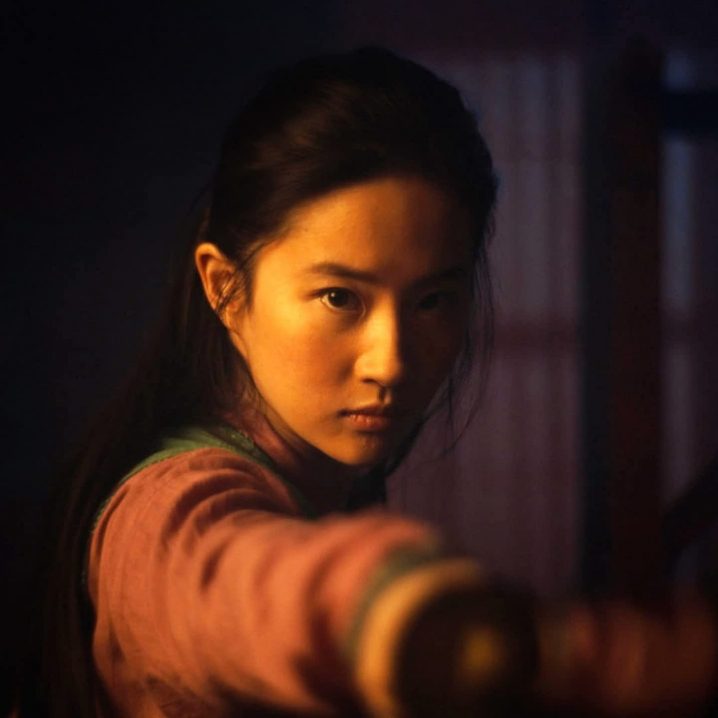
- POPSUGAR Australia
- Celebrity
- People Are Boycotting Mulan For Several Reasons – What to Know About the Controversy
People Are Boycotting Mulan For Several Reasons – What to Know About the Controversy

The remake of Mulan certainly has its fans, but it’s faced some significant backlash, too. Why are people boycotting Mulan? The most public reason has to do with its leading lady’s controversial comments about democracy protests in Hong Kong, but as it turns out, that’s only the tip of the iceberg when it comes to frustrations and controversies around the project.
Liu Yifei’s Comments
The biggest source of controversy surrounding Mulan has to do with its star, Liu Yifei, and her 2019 comments supporting Hong Kong police against pro-democracy protestors. “I support Hong Kong’s police, you can beat me up now. What a shame for Hong Kong,” she reportedly wrote on Chinese social media site Weibo, according to The Hollywood Reporter. Her remarks earned intense ire from the pro-democracy movement in Hong Kong, as well as in other countries in the region and among people of Asian descent abroad.
Over the movie’s release weekend, activists gathered around the hashtags #BoycottMulan and #milkteaalliance, with major voices in the Hong Kong democracy movement urging supporters to boycott the movie in response to its star’s comments. Joshua Wong, a vocal activist in the movement, tweeted on Sept. 3 criticizing both Liu and Disney as a whole: “Because Disney kowtows to Beijing, and because Liu Yifei openly and proudly endorses police brutality in Hong Kong, I urge everyone who believes in human rights to #BoycottMulan.” Activists have also criticized Donnie Yen, who plays Commander Tung (half of the “split” version of Li Shang in the new movie), for similar comments, including a reported social media post celebrating the anniversary of Hong Kong’s “return” to China after British rule.
Production in Xinjiang
In the end credits for the movie, Disney includes “special thanks” to several organizations who assisted on the film. According to The Washington Post, the list includes four Chinese Communist Party propaganda departments, specifically in the region of Xinjiang – and where more than a million Muslims (mostly of the Uighur minority group) have been imprisoned in camps and subjected to horrific human rights abuses. To put it in perspective: a July 2020 report, as shared on NPR, reveals that the suppression of Muslim minorities in China has now reached the level where it meets the United Nations definition of genocide. The choice of Disney to work in this particular region – and with these particular officials – has only further fueled calls to boycott Mulan.
Cultural Criticisms
Although this version of Mulan was advertised to be more respectful of Chinese culture and more authentic, the end result has been a movie that’s come under heavy criticism from Chinese and other Asian viewers for continuing to embrace stereotypical or Westernized views of Chinese culture. While Mushu the dragon and other goofy stereotypes are gone, others remain or have been newly introduced, to equally poor reception. Frustrating viewers even further: four screenwriters are credited on Mulan, but none of them are actually of Chinese descent.
One popular livetweet thread, from author Xiran Jay Zhao, pointed out several issues with the story, including its inaccurate conceptions of “qi” and “witchcraft.” Meanwhile, Marvel star Simu Liu snarked about the movie’s “loyal, brave, and true” motif. “BRB though I gotta think about my honour for the fourth time this hour it’s very important to me, as you can tell from movies that your people have written about my people.” Listening to critical voices – particularly Chinese voices – is critical to understanding the depth of feeling and meaning behind the boycotts of Mulan.

